The post-election days in Venezuela feel like a self-fulfilling prophecy for the people in the South American nation. There’s a sense of déjà vu. The government of President Nicolás Maduro, who was declared the winner of the Presidential elections, continues to declare they are indeed the victors of the elections, which took place on July 28th.
Edmundo González, backed by opposition leader María Corina Machado, and voting tallies verified by third parties and made available online show a very different story. According to the numbers, which tracked more than 80 percent of the country’s election results, González won by a wide margin.
Protests have broken out. The government has the police and military to “control” those who try to “overthrow” the government, even if most people are just peacefully protesting. Some of the protests have ceased to be peaceful.
Outside of Venezuela, the sense is that, at this point, something has to give. Inside of the country, there’s an undercurrent of optimism – and a desire to see things change. But there’s also a deep skepticism. We talked to five people in Venezuela about what it’s like living there now.

Note: Their names have been changed to protect them, but these are their stories.
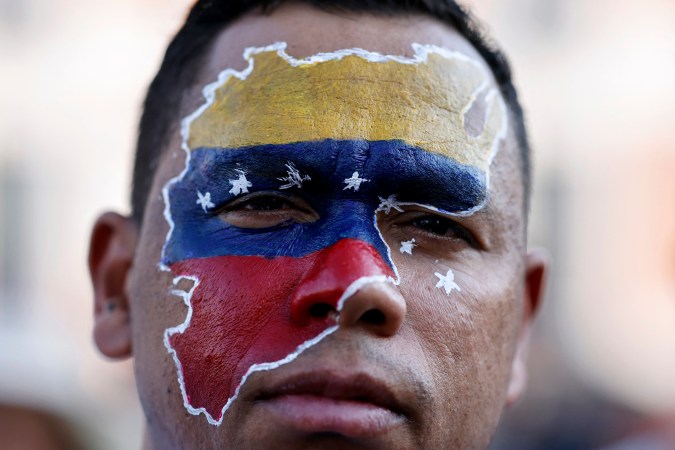
Gabriel, Student, 19
For the younger generation, “it’s now or never.” That is, of course, much easier said from the perspective of someone who has no real memory of the other times things have gone wrong in Venezuela. Gabriel, a student, 19, shared with us that he is “not afraid.” He has been protesting every day and he intends to keep doing it until Maduro is out of office. “They always say my generation is the one that has to be out on the streets fighting, so what am I supposed to do but be out on the streets? It’s such a complicated feeling because I don’t want to. But there’s nothing else to be done.”
Gabriel also feels a sense of hope when he gets together with other young people. “I am not alone and I’m not the only one feeling like things have to change like we are closer than we’ve ever been. That’s why we have to keep pushing, why we have to keep protesting, even if things get bad. Because the government wants us to stop. They need us to stop. We’ve given up so many times before and we’ve been miserable for so long. So, what do we have to lose now? What?”
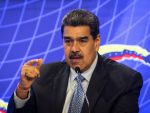
Lucia, Lawyer, 29
Pragmatism, however, is still present in others, particularly the ones who do, indeed have more to lose. Families, businesses, and in some cases, professional reputations. Lucia, 29, a lawyer, shared that for her, “it’s not as simple as going out and protesting, as much as I would want to.” No one in her family voted for Maduro. She doesn’t want Maduro to remain President. But that doesn’t mean she is free to do anything other than cast her vote and hope for the best. And that doesn’t mean she doesn’t understand that the best is, most likely, not going to happen.
“Maduro was never going to let them win. I wanted to hope too, and I went to vote like everyone, but I didn’t think we had a chance. And I was proven right. And no matter how many countries now recognize the fraud and proclaim Edmundo Gonzalez the elected President, nothing’s going to change. The people in power are never just going to give up power. Maduro is a dictator, plain and simple, and dictators don’t just leave. You have to throw them out, kicking and screaming. Can we do that? I don’t think we can. So, he will remain.”
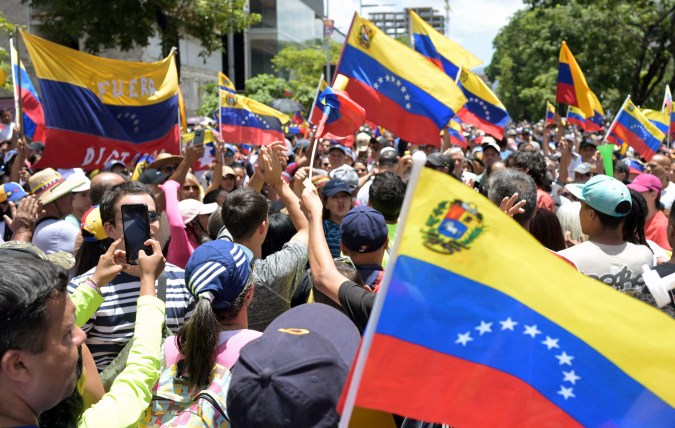
Diego, Banker, 59
For people who are choosing to believe that things are not changing in Venezuela, it’s never been about them not wanting things to change. It’s about facing the reality of the country they live in. “The military is with Maduro, is the problem,” Diego, 59, tells us. “And if the military doesn’t turn on him, there’s no way we take back the country. That’s just the way it is.”
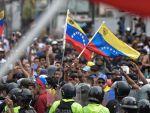
Despite that, he admits, on the day of the elections, there was a little hope, even for the most cynical. But that faded quickly. Then reality set in. “These people have been in power for a very long time. They benefit from being in power. There’s no reason for them to let go of that power.”
For Diego, Venezuela has become “a franchise of Cuba.” Simple as that. And the country, like Cuba before it, responds to interests that aren’t necessarily those of Maduro, but of Russia. But he doesn’t believe things are going to change anytime soon unless, by some miracle, the military decides to turn on Maduro. “There are rumors that there’s a faction that might turn against him. I don’t know, I don’t really trust it. I hope I’m proven wrong; I do. But I’m not holding my breath.”
Carolina, Student, 22
Carolina, another student, has also been going to protests but has also been keeping an eye outside of Venezuela. “Most of my family is outside of Venezuela, and they’re hoping to be able to return. The expat community was looking at this election and hoping for a win from the opposition because they all wanted to be able to return home. It’s very sad to have to leave your country because you can’t really live in it. Because you can’t make enough to feed your family.”

“When my friends go out to protest, I know some are a little more idealistic than me. And it’s not that I don’t have hope, because I do. I believe there are better days ahead for Venezuela. But I mostly just want a chance to have my family together again,” she said. Some of her family lives in Panama. Others in Spain. The rest are in Colombia. A few days ago, a large group of her classmates was rounded up by the police and she hasn’t dared to go out to protest anymore. But she still keeps a tally of which countries have recognized Edmundo Gonzalez as the rightful President of Venezuela. “I have to believe that will mean something in the end.”
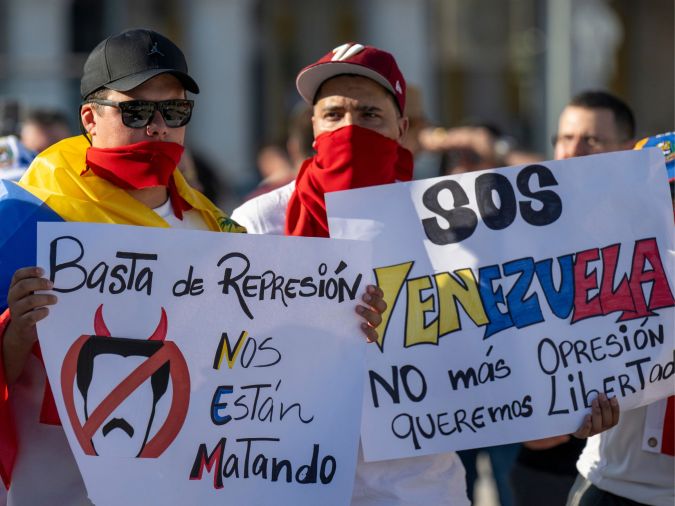
Elena, Doctor, 60
In the meantime, life goes on in Venezuela. There’s nothing else people can do in the day-to-day but go on with their daily routine – even if that daily routine doesn’t include all that much information. “There’s a news blockade here, we only learn about things from social media,” Elena, a doctor told us. “But there are protests all over the country.” That part is obvious, even with the government trying to block information. Perhaps that’s why President Maduro said he was breaking off relations with WhatsApp. He wants to control the news.
“Even the small towns are protesting,” she told us, which is one of the things that seems to inspire hope. And yet, also one of the things that feel like a gut-punch in a country where “protests are already being repressed and there are not just people injured, but deaths.” In the meantime, the government expects the status quo to continue. For teachers to be teachers, students to be students, and yes, doctors to be doctors. That’s how the machine goes on. That’s the only way it can. If the everyday people of Venezuela keep pushing forward, no matter what.
But in the end, what other choice do they have?




